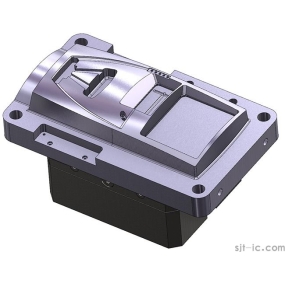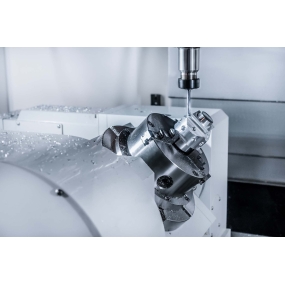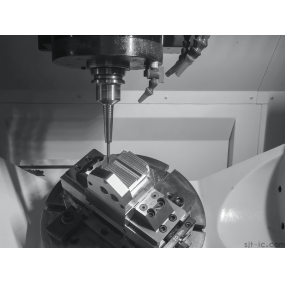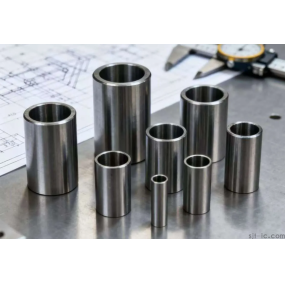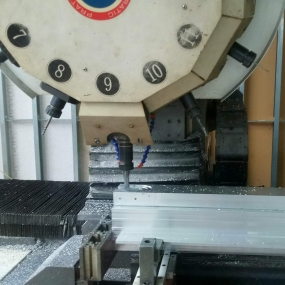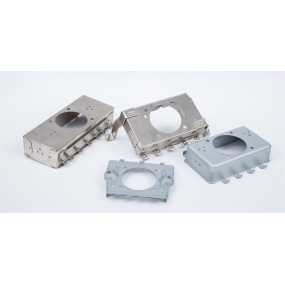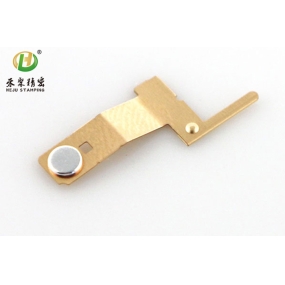As a leading CNC Machining service provider, EMAR specializes in precision brass components manufacturing. This article will explore the technical nuances of brass machining to help procurement managers and engineers make informed decisions.
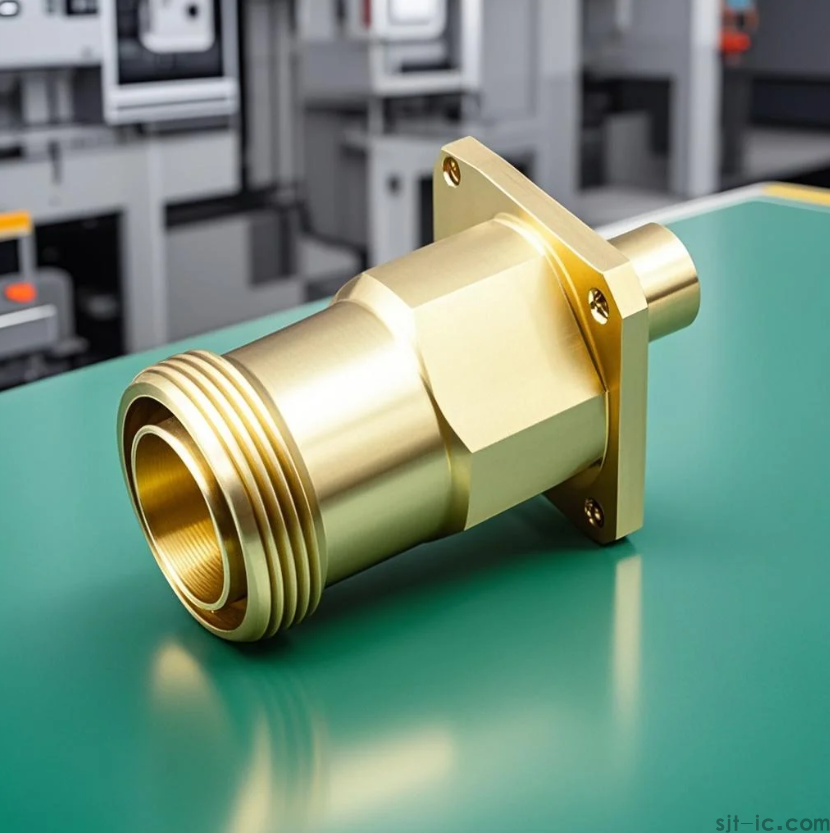
Understanding CNC Brass Machining
CNC brass machining refers to the computer-controlled subtractive manufacturing process for creating brass parts with tight tolerances (typically ±.005mm). Brass alloys like C36000 (free-cutting brass) are preferred for their excellent machinability rating of 100% (compared to steel's 60%).
Key Process Stages
1. Material Selection: We use certified brass rods/billets with Cu content 60-63% and Zn 35-40% for optimal machinability and corrosion resistance.
2. CNC Programming: Our engineers develop toolpaths considering brass's softness (HB80-100) to prevent material adhesion.
3. Machining Operations: Combining turning (surface speeds 150-300m/min) and milling (feed rates .05-.15mm/tooth) for complex geometries.
4. Quality Control: CMM inspection with 3μm repeatability ensures dimensional accuracy.
EMAR's Technical Advantages
- 15+ years brass machining experience
- 50+ CNC machines (including 5-axis simultaneous machining centers)
- Surface roughness Ra .8μm achievable
- ISO 9001:2015 certified quality system
For precision brass components that demand exceptional quality and reliability, contact EMAR's engineering team for customized solutions.


 Spanish
Spanish Arabic
Arabic French
French Portuguese
Portuguese Belarusian
Belarusian Japanese
Japanese Russian
Russian Malay
Malay Icelandic
Icelandic Bulgarian
Bulgarian Azerbaijani
Azerbaijani Estonian
Estonian Irish
Irish Polish
Polish Persian
Persian Boolean
Boolean Danish
Danish German
German Filipino
Filipino Finnish
Finnish Korean
Korean Dutch
Dutch Galician
Galician Catalan
Catalan Czech
Czech Croatian
Croatian Latin
Latin Latvian
Latvian Romanian
Romanian Maltese
Maltese Macedonian
Macedonian Norwegian
Norwegian Swedish
Swedish Serbian
Serbian Slovak
Slovak Slovenian
Slovenian Swahili
Swahili Thai
Thai Turkish
Turkish Welsh
Welsh Urdu
Urdu Ukrainian
Ukrainian Greek
Greek Hungarian
Hungarian Italian
Italian Yiddish
Yiddish Indonesian
Indonesian Vietnamese
Vietnamese Haitian Creole
Haitian Creole Spanish Basque
Spanish Basque

